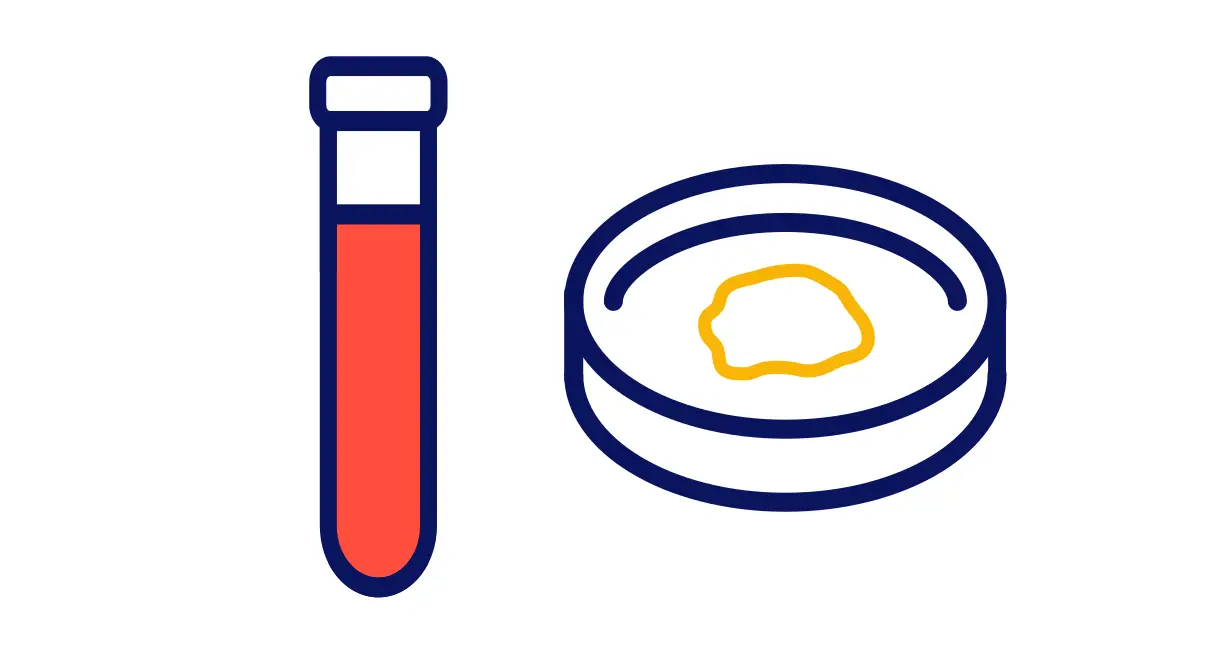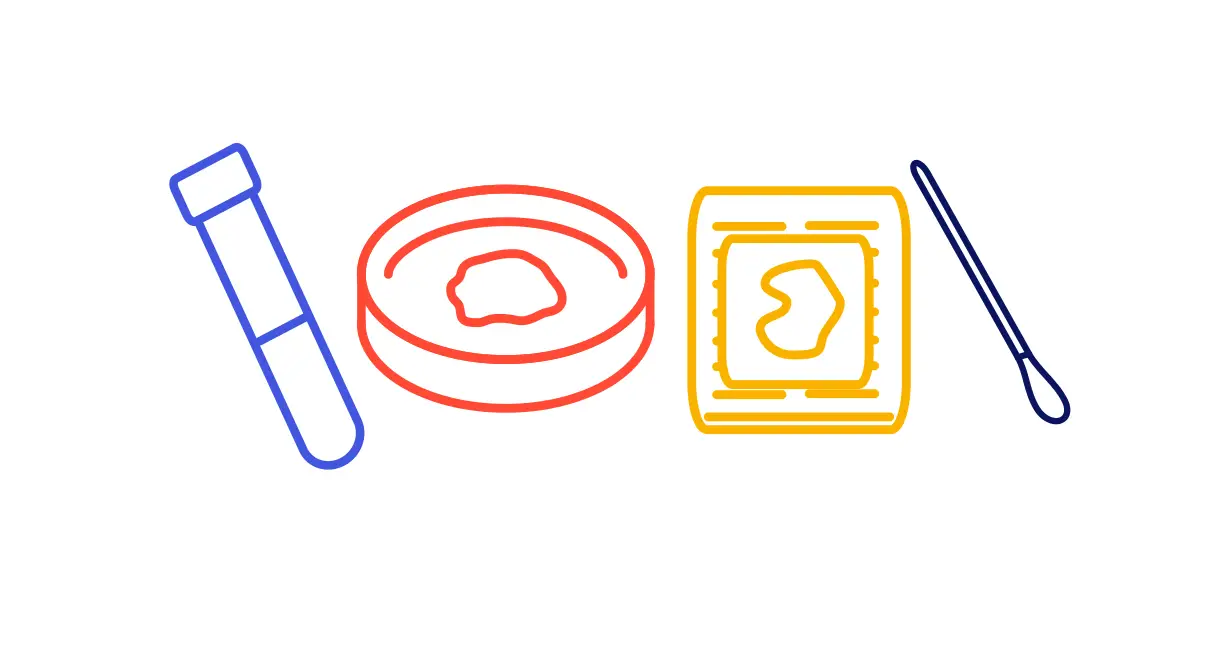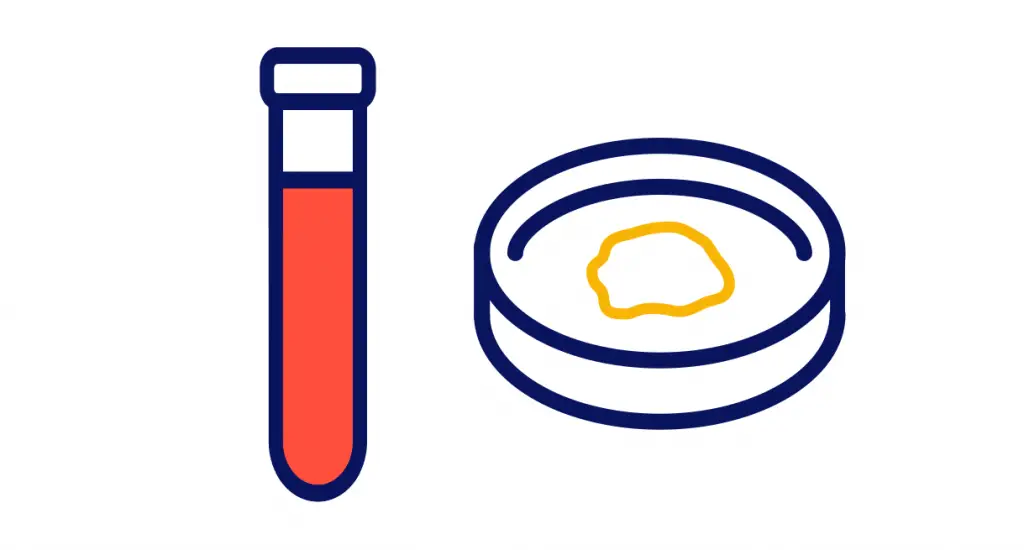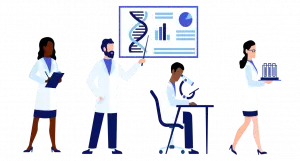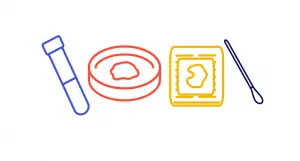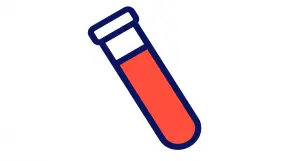Sourcing fresh biospecimens (ie. fresh whole blood or fresh tissue) can be a much more complicated and risky task than trying to source either temperature stable samples (ie. FFPE blocks or slides) or banked temperature-sensitive samples (ie. frozen tissue or frozen plasma). There are two key reasons for this:
1. Short Notice of Sample Availability
Generally, when a clinical site is collecting fresh biospecimens, they have very short notice as to when a sample may be available. Sites can get a few weeks, a few days, or even a few hours’ notice that a subject of interest will be present at the clinic. Once a potential subject is identified, the following criteria must be met (typically all occurs on the day of collection):
- The subject must consent to donating samples
- The samples must be collected
- The collected samples must meet the agreed requirements (ie. Client asked for 30 mL blood, but subject was only able to give 20 mL, or client required 300 mg of tissue, but the subject could only give 100 mg).
Only if all of these criteria have been met can the samples be shipped.
2. Tight Timelines for Sample Delivery
Typically, when dealing with fresh samples, samples must be delivered to the client lab within a short timeline. Most often, clients need fresh biospecimens to arrive within 24h-96h of collection.
Here are 3 main factors to consider when sourcing fresh biospecimens in order to ensure that you receive these precious samples on time and in good condition:
1. Biospecimen Provider Location
One of the first things to consider when looking for a biospecimen provider for fresh samples, is the proximity of the provider to the client’s lab. In general, most researchers who need fresh samples will have a delivery timeline requirement that must be met (ie. samples must be delivered within 24 hours of collection). It’s crucial to keep this timeline requirement in mind when identifying potential biospecimen providers. If samples need to be delivered on the same day as collection, only providers within driving distance should be considered. For samples that are required within 24 hours of collection, only providers within driving distance or with overnight shipping capacity (ground or air) should be considered. If delivery timelines are 48-96 hours after collection a wider list of providers may be able to be considered. Here are a few examples:
A client based in California requires fresh tissue samples to be delivered within 24 hours of collection. In this case, it’s likely best to consider only biospecimen providers based in North America in order to meet this requirement.
A client based in the UK is looking for fresh urine samples delivered on the same day as collection. In this case, only providers based in the UK should be considered due to the short delivery timeline.
A client based in Germany requires fresh whole blood delivered within 96 hours of collection. In this case, a wide array of provider options could likely be considered, including providers located in the UK, Europe, North America, or Asia.
2. Shipping Companies
When samples need to be delivered on short notice and within a tight timeline, it’s also important to evaluate the shipping company options available to ensure the samples can efficiently get from the provider to the client. In some countries or locations, one shipping company may be more reliable, or have more drivers available, thus making them a better choice for that specific request. A good understanding of the relevant couriers and their capabilities in each country/region is crucial. Typically large, well known shipping companies are used to transport biospecimens, but in some cases it may be more appropriate to use a local courier, if same day or overnight delivery is required.
3. Shipment Packaging
When shipping fresh biospecimens, there are typically temperature requirements that need to be met. For example, fresh tissue samples should be shipped so that the sample is maintained at approximately 4oC for the duration of the shipment. In order to meet this type of requirement it is crucial to consider the shipment packaging. For temperature sensitive shipments, there are a variety of packaging options available on the market. If temperature control is of particular importance during the shipment, it may also be useful to include a single-use USB temperature data logger, so that you can review the temperature of the samples throughout the duration of the shipment.
How SampleSmart Can Help With Sourcing Fresh Biospecimens
At SampleSmart, we consider all of the above aspects when we’re working on a request and preparing to propose provider options to a client. It’s important to us that the biospecimens make it to the client’s lab on time and in good condition. If you need fresh biospecimens for your R&D studies, Contact Us with your request details. We work with a worldwide network of biospecimen providers in order to source fresh biospecimens to meet your specific research needs.
Check out our How We Work page to see how easy it is to source biological samples with SampleSmart. Also see our article on the advantages of outsourcing biospecimen procurement, where we outline the benefits of using a specialist procurement company like SampleSmart.

